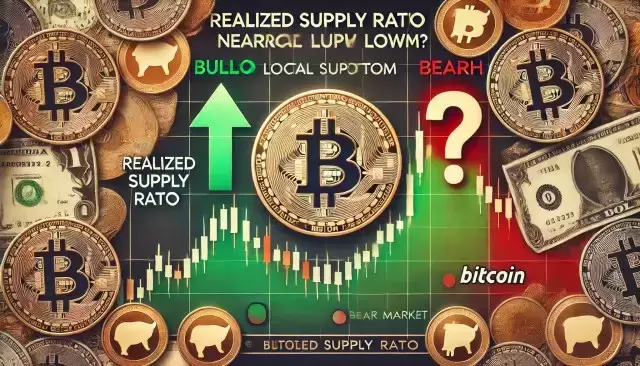 |
|
 |
|
 |
|
 |
|
 |
|
 |
|
 |
|
 |
|
 |
|
 |
|
 |
|
 |
|
 |
|
 |
|
 |
|
Cryptocurrency News Articles
New York Real Prize Users Locked Out as Platform Closes Ahead of Schedule
Apr 03, 2025 at 02:16 pm
New York users of Real Prize, a sweepstake casino run by RealPlay Tech, felt let down after the platform closed

New York users of the sweepstakes casino Real Prize, powered by RealPlay Tech, are expressing anger after the platform closed earlier than promised.
In an email to affected users, Real Prize acknowledged the system changes that led to an earlier shutdown than the announced March 28 deadline.
While the company apologized for the inconvenience and understood the frustration, it also highlighted that minimum cashout limits still applied and the decision to close its doors was final.
Several sweepstakes casinos are pulling out of New York following upcoming legislation aiming to ban this business model. Each company has notified players to varying degrees.
A post on the FreshUVCentralizedLitony Reddit page mentions that some casinos, like Chumba Casino, notified users months ago and offered a longer timeframe for cashing out, extending until April. In contrast, Real Prize imposed a shorter window and ultimately closed a day early, as confirmed by a user in the thread.
Moreover, some users stated that certain sites shut down without warning, locking them out of their accounts and leaving them unable to withdraw their winnings.
These changes come as state lawmakers are examining a bill by Sen. Joseph Addabbo Jr. to ban sweepstakes casinos in the New York Senate. The bill aims to close a legal loophole that allows these platforms to operate similarly to traditional online casinos.
However, legal experts like Daniel Wallach, a gaming lawyer, highlight the potential for legal action due to how some operators are handling their exits.
With operators' statements about the shutdown time being unclear or deceptive, and users potentially misled into believing they had more time to cash out, their actions could be viewed as unfair trade practices under state law.
This, in turn, could invite lawsuits or intervention from the New York Attorney General.
Angry players have taken to social media and forums to express their complaints. Some report being unable to access large sums of money, while others warn fellow gamers to cash out their prizes immediately in case more sites shut down without notice.
Additionally, some users are considering filing reports with the Attorney General’s office or requesting chargebacks to recover their funds.
While sites like Real Prize have already closed, others are still observing and awaiting developments. Companies such as Chumba Casino and Funzpoints still permit New York players to join, perhaps hoping to remain operational until lawmakers make a final decision on the proposed ban.
If Sen. Addabbo’s bill is enacted, it will ban sweepstakes casinos and potentially penalize payment processors and service providers that facilitate their operations. This move could further complicate the platforms’ ability to continue serving New York customers.
Now, users affected by the sudden closures are seeking solutions, urging more supervision to ensure a fairer transition process for players.
Disclaimer:info@kdj.com
The information provided is not trading advice. kdj.com does not assume any responsibility for any investments made based on the information provided in this article. Cryptocurrencies are highly volatile and it is highly recommended that you invest with caution after thorough research!
If you believe that the content used on this website infringes your copyright, please contact us immediately (info@kdj.com) and we will delete it promptly.
-

-

-

-

-

-

-

-

-

- Avalanche (AVAX) Experienced a Notable Stablecoin Supply Surge, But Passive On-chain Use May Be Limiting Demand
- Apr 05, 2025 at 12:15 pm
- As per the post from the Avalanche, the supply has increased by over 70% in the past year, rising from $1.5 billion in March 2024 to more than $2.5 billion as of March 31, 2025.
























































